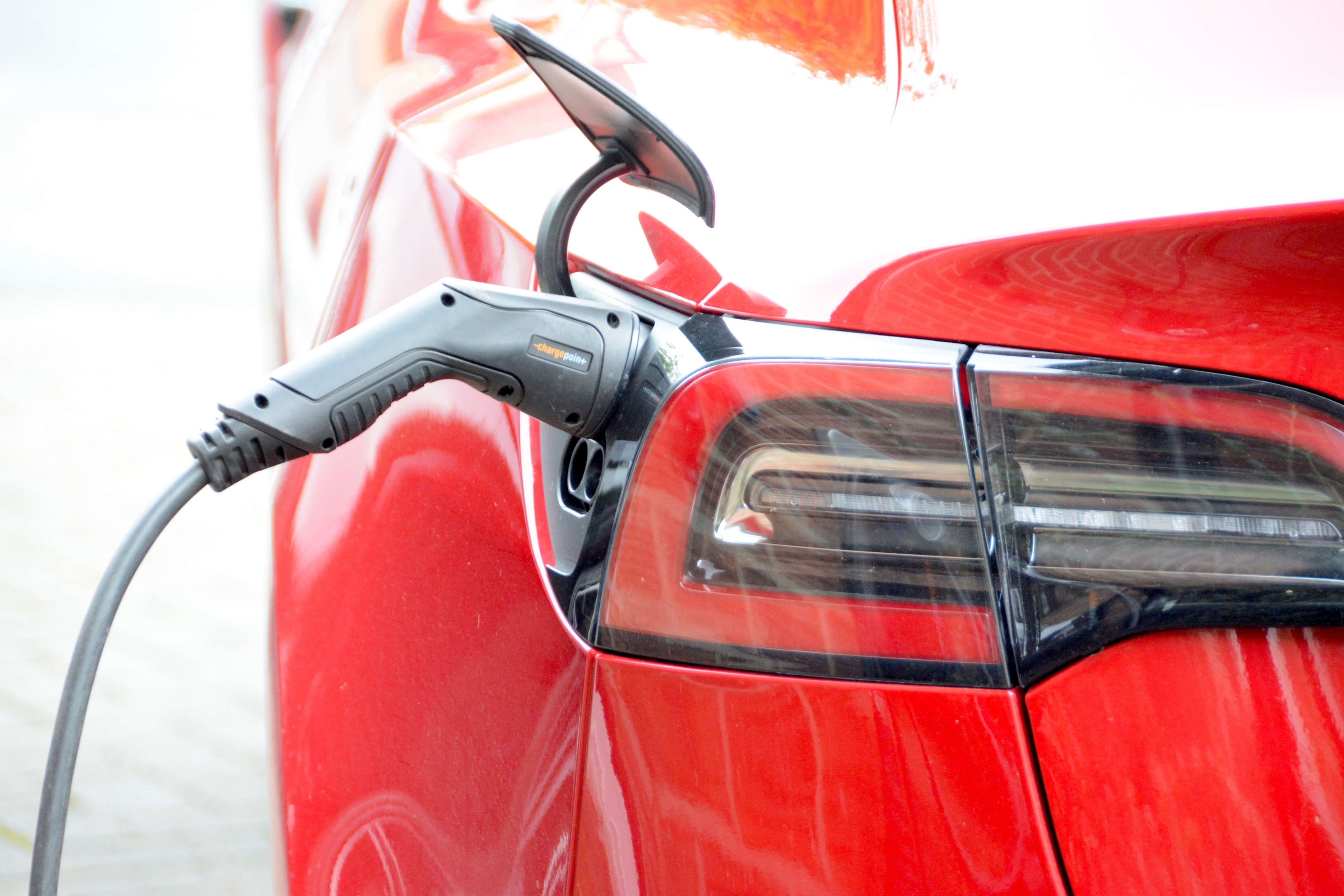Variable VED was much much easier to implement than variable duty at point of sale.
Fuel duty is in effect variable anyway.
Big thirsty car ... more duty paid.
Lots of miles ... more duty paid.
Several passengers ... less duty paid per occupant.
OTOH the issue with VED is that is 'variable' according to price and category of vehicle with no relationship to how much it is actually used.





